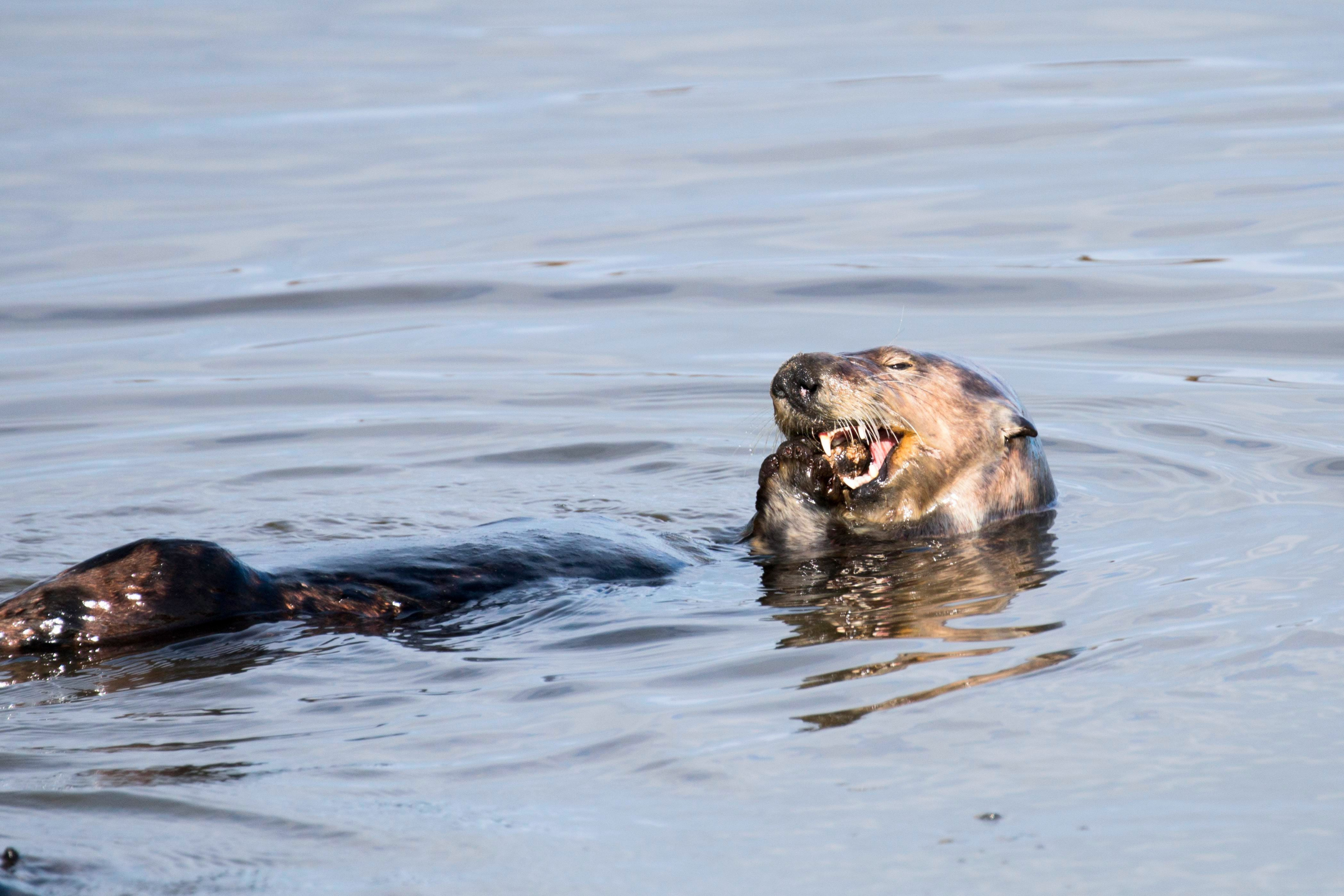News: Research
Targeted Grazing May Help Beat Invasive Buffelgrass
Researchers head to Kenya to unlock the weaknesses of invasive buffelgrass to combat it here in Texas.

Otters, Especially Females, Use Tools To Survive a Changing World
A new study has found that individual sea otters that use tools — most of whom are female — are able to eat larger prey and reduce tooth damage when their preferred prey becomes depleted.

Red Flags: I’m Not the Bug for You!
The matador bug’s vibrant red hind-leg flags are neither a mating display nor a distraction tactic, they’re part of an elaborate defense strategy.

Why the Powerhouses of Cells Evolve Differently in Plants
New research solves a mystery as to why mitochondria in some plants evolve faster than others.

Climate Change and Habitat Loss Are Big Factors in Frog Pandemic
The worldwide decline in frog populations is due to a fast-spreading infection, but people also play a role.

First Brainwide Map Shows How Sex and Intimacy Rewire the Brain
Steven Phelps and his team found 68 brain regions in prairie voles associated with mating and bonding.

Genes That ‘Don’t Play Well Together’ Drive Development of Distinct Species
Justin Havird, Erik Iverson and their colleagues have identified genes involved in hybrid incompatibility in swordtail fishes.

Natural Labs: UT Field Stations Help Predict Drought Impact
UT scientists study how droughts affect local ecosystems at the Brackenridge Field Laboratory and the Stengl Lost Pines Biological Station.

Tracking the Impacts of Climate Change on Food Webs in the Arctic
New research provides the latest evidence that climate change is having an impact on food webs in high-latitude ecosystems.

Female Butterflies See UV Light Thanks to a Gene Hiding in an Unusual Place
In some species, female and male butterflies apparently perceive colors differently.
